
by Mike Errico | May 23, 2025 | Lessons, Teaching
If you’ve ever wondered what my classes are like, now you can go to one. will be giving a live lecture at Liz’s Book Bar in Carroll Gardens, Brooklyn as part of Lectures on Tap, “an event series where professors and experts give thought-provoking lectures inside of bars.” It’s like my prof life and my gig life colliding in a personal, on-stage Singularity. TICKETS...
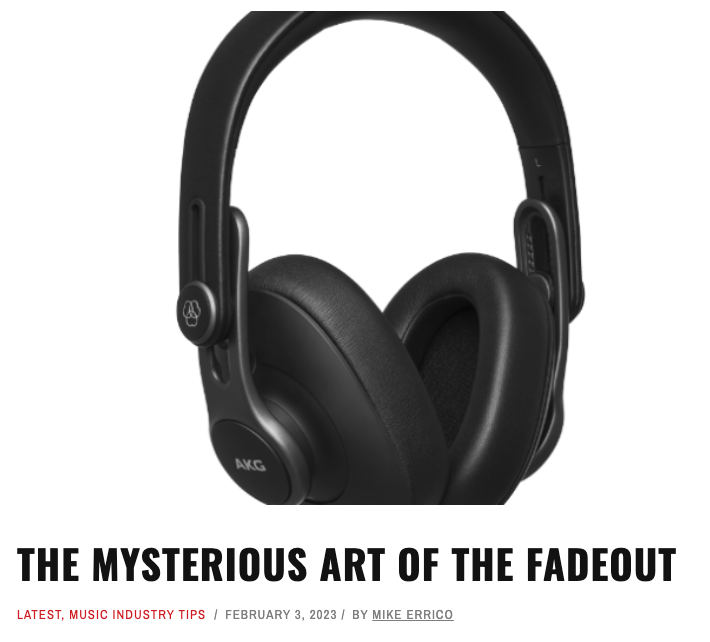
by Mike Errico | Feb 3, 2023 | Books, Lessons, Music Lyrics and Life, Text Journalism
Excerpted from Music, Lyrics, and Life. The popular expression, “You never get a second chance to make a first impression,” has a less-celebrated corollary: You don’t get a second chance to make a last impression, either. A major songwriting challenge is how to construct those first and last impressions in order to bookend the musical universe writers have created. Unlike artists who work in other forms (novels, paintings, etc.), songwriters have a tool that takes advantage of the audio medium: the fade out. Part technological, and part metaphorical, the fade out can imply continuity—the song goes on forever—as easily as loss—the song goes on forever without you. One reason a fade is so expressive is because it reintroduces us to the universal language of silence—fade outs remind us that, as in life, silence always gets the last word. There’s just one problem: At the moment of this writing, fades are very out of fashion. I teach songwriting at several universities, and when a student of mine uses one, they get applause from classmates for the audacity. Fades are retro. They’re vintage. They’re even cinematic, which is actually true: the term “fade” is borrowed from film, which originated around the same time as recorded music. The gradual deprivation of sound in a fade out parallels the deprivation of sight when a scene “fades to black.” In order to better understand why writers and producers choose to fade, I spoke with Jim Anderson, producer and sound engineer; former president of the Audio Engineering Society; multi-Grammy Award–winner; and nominee (along with partner Ulrike Schwartz) for this year’s Grammy for Immersive Audio Album, Jane Ira Bloom’s Picturing the Invisible: Focus 1....
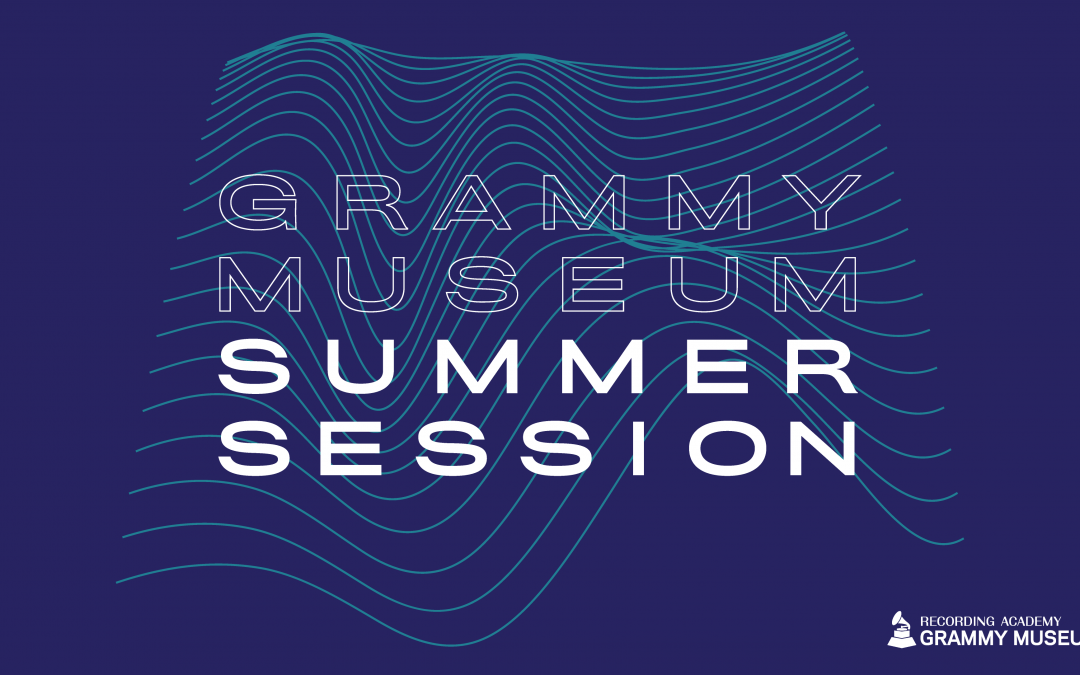
by Mike Errico | Jun 15, 2022 | Free, Lessons, Music Lyrics and Life, Teaching
Mike Errico Tapped to Teach GRAMMY® Museum’s Inaugural NYC Songwriting Sessions The GRAMMY® Summer Sessions are part of a series of programs in partnership with the City of New York Mayor’s Office of Media and Entertainment. Summer Session will be taught by NYU lecturing professor Mike Errico and hosted by the CUNY Graduate Center Office of Academic Initiatives and Strategic Innovation. “I’ve been teaching for years at universities that, let’s face it, are very expensive. Access to a broad range of students has always weighed on me—it’s part of the reason I wrote my book, and it’s definitely why I’m so excited to teach these free sessions to up-and-coming high schoolers. See you there!”—Mike Errico SESSION #1: Tuesday, July 12 to Saturday, July 16, 2022 SESSION #2: Tuesday, July 19 to Saturday, July 23, 2022 TO APPLY, CLICK HERE The GRAMMY Museum’s Summer Session program is a FREE five-day non-residential songwriting workshop for students currently enrolled in High School. The program provides valuable resources to help build a solid foundation in songwriting. Additionally, instruction places a focus on skills that are beneficial in workforce development across many careers in, and out of music.This activity is part of a suite of education programs that take place throughout the year under the GRAMMY In The Schools umbrella. About Mike Errico: Mike Errico is a recording artist, author, and songwriting professor at Yale, the New School, and NYU’s Clive Davis Institute of Recorded Music. In additions to his performing and teaching careers, Errico’s opinions and insights have appeared in publications including the New York Times, Wall Street Journal, Fast Company, and CNN....
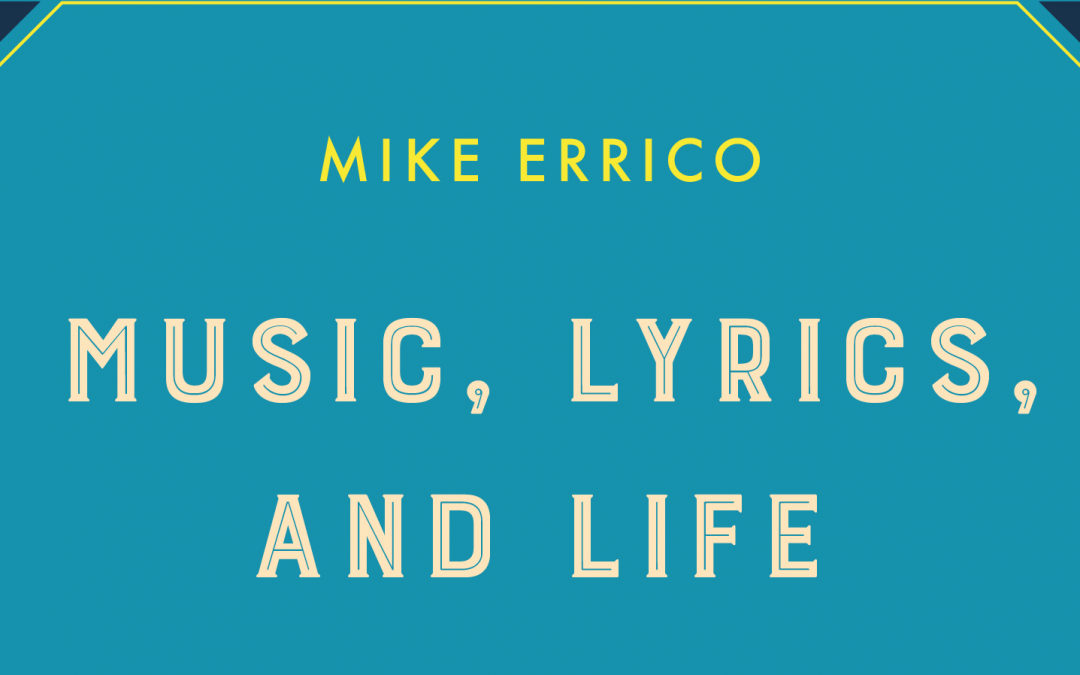
by Mike Errico | Mar 29, 2021 | Books, Lessons, Music Lyrics and Life, Teaching
The songwriting class you always wish you’d taken, taught by the professor you always wish you’d had. ORDER NOW: AMAZON | BOOKSHOP | BARNES & NOBLE | TARGET | BOOKS ARE MAGIC Music, Lyrics, and Life: A Field Guide for the Advancing Songwriter Publisher: Backbeat Books MUSIC, LYRICS, AND LIFE is the songwriting class you always wish you’d taken, taught by the professor you always wish you’d had. With humor and empathy, acclaimed singer-songwriter Mike Errico examines both the mystery of songwriting and the logistics of life as a songwriter. For years, this set of tools, prompts, and ideas has inspired students on campuses including Yale, Wesleyan, and New York University’s Clive Davis Institute of Recorded Music. Alongside his musical lessons, Errico investigates larger questions of creativity with a wide range of innovative thinkers: astrophysicist Janna Levin theorizes on choruses; painter John Currin tackles song form; actor Phil LaMarr counsels on cowriting; author George Saunders unpacks authenticity; and much more. The result is that Music, Lyrics, and Life ends up revealing as much about the art of songwriting as it does about who we are and where we may be going. MIKE ERRICO is a New York-based recording artist, writer, and lecturing professor. His opinions and insights have appeared in the New York Times, the Wall Street Journal, Fast Company, and...
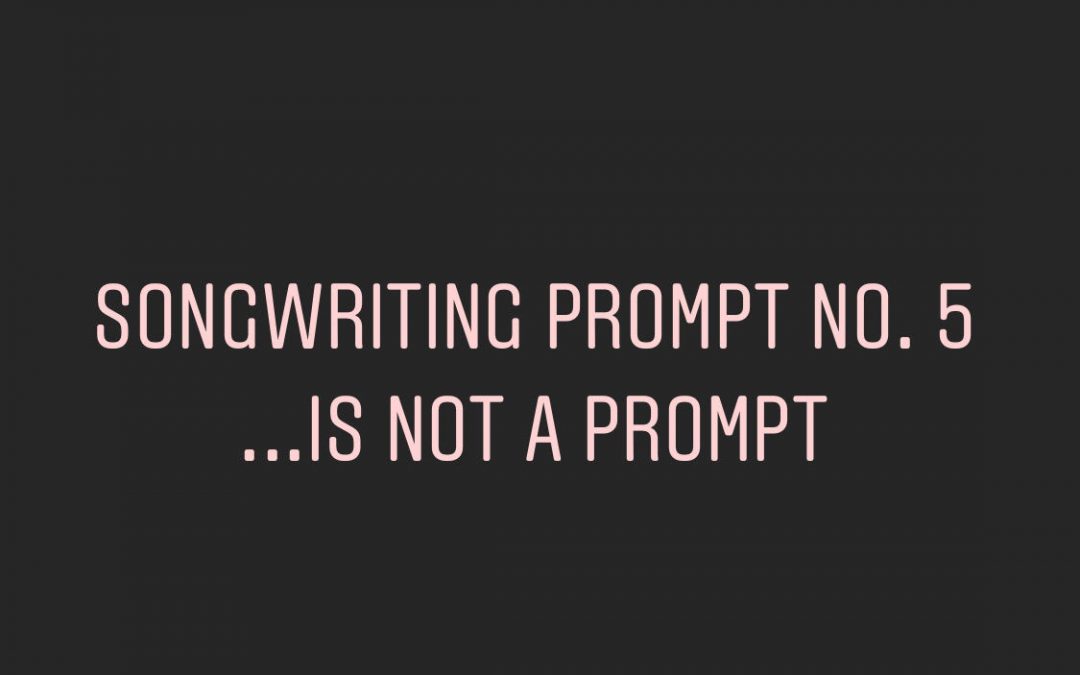
by Mike Errico | May 11, 2020 | Lessons, Teaching
Songwriting Prompt No. 5: Not a prompt, just an observation: Some of the “demos” you’ve decided to release during this time rank among your best work, in my opinion. In fact, some of these “demos” are suspicious—suspiciously awesome, and suspiciously ambitious. Don’t forget, I listen to a lot of demos, and these? These are not demos. They aren’t Voice Notes of you on the side of your bed with your inconsiderate roommate washing frying pans in a nearby sink. They get me wondering: Are these “demos” really songs you wanted to put out but didn’t because you felt they were “off-brand?” Does it take a pandemic for you to admit that MAYBE you don’t know what your brand is? Or better: that your brand is YOU and you’ve been amputating parts of yourself in order to appear orderly? Because that’s nuts. Are you slapping the word “demo” on a track as if it’s a “might delete later” post, or an admission you’ll be able to deny? Well, fine. If that helps for now, knock yourselves out. But know that the sharing you’re doing is not only helping others, it’s maybe helping you to widen your definition of yourself. So keep on doing it. And what a great opportunity to retire two jerseys to the dust bin of your personal histories: #0 “DEMO;” #00 “BRAND”...
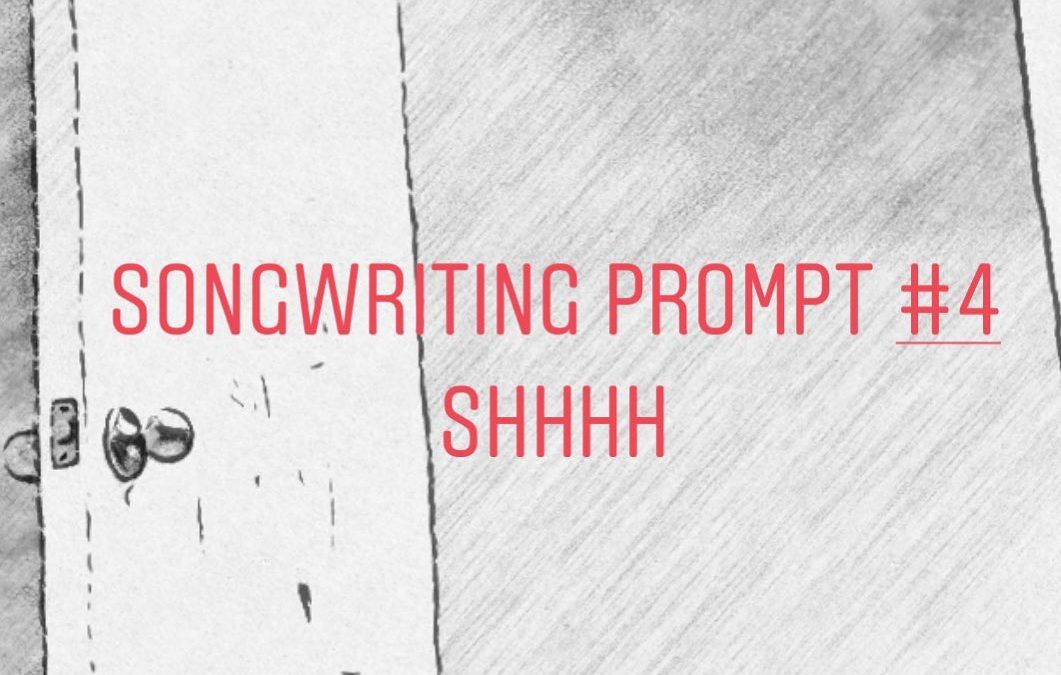
by Mike Errico | May 4, 2020 | Lessons, Teaching
Songwriting Prompt Four: Shhh You’ve heard that “music is the universal language.” That’s false. Music has never done the job of being universal, and in fact, it does the opposite. It groups subsections of people together; it accessorizes a particular aesthetic; it excludes. Writers antagonize each other via dis tracks. High schools have battles of the bands. TV networks pit musicians against each other in competition shows where contestants try to…what? Out-music one another? So, what is universal? Silence. It’s our resting state. It’s a consensual act that can be broken by any individual. Silence is where we came from, and it’s where we’re going. How does this apply to songwriting? 1) What almost always improves work is editing, which means the elimination of parts of the song. More silence. 2) Feedback like “your song is so short” can be seen as a compliment—the listener wanted more!—whereas “your song is so long” is never good. Ever. Why? Because it implies you left in stuff that did not improve upon silence. So: If you don’t have something to say that improves on silence, don’t say it. Revise by adding silence. Produce by framing silence. Write by writing as little as possible. Consider that maybe we already have it all, and that our real job is to lose as little of it as...







